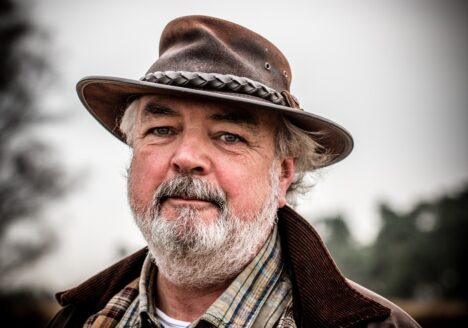-
Case Study: When is it ethical to override a patient’s medical wishes?
Bioethics case study on Mr. Schumann, who signed an advance directive seven years ago indicating that he would not want life-sustaining treatment if he were unconscious with no hope of recovery. The family acknowledges the directive but insists that, if he could speak today, he would want everything done – for their sake.
-
Case Study – Aaron’s Siblings Need to Make a Tough Decision
Bioethics case study on shared decision making in video or print. Aaron’s siblings, who are wanting aggressive measures, are now unsure and need to make a tough decision.
-
Case Study – Decisional Capacity of the Patient’s Surrogate
With an adult daughter saying “No” to a trach and PEG and a DPOA spouse of questionable capacity what should the medical team do?
-
Case Study – A Multidisciplinary Healthcare Team Disagrees
Most members of the ICU team, and the palliative care consultant, believe that prognosis is poor and death is imminent. Their patient is still Full Code, however, and his wife and daughter are adamant that providers “continue to do everything that will work.”
-
Case Study – Trying to Honor Johnny’s Wishes
“I know I’m not doing well and that my time here is limited. So, I want you to promise me that you’ll keep me alive long enough to touch my oldest daughter’s hand and say goodbye.” Carson shakes his hand, with every intention to keep this promise.
-
Case Study – Continue to Fight? Patient Decision-Making Changes
Sarah is a 73-year-old individual who identifies as female and is suffering from metastatic colon cancer. While an inpatient, she is cared for by her longtime oncologist, hospitalists, and ultimately a critical care team. Initially Sarah has decision-making capacity, Sarah makes decisions with her family (husband and two adult children).
-
Case Study – Maxine’s New Love and Decisional Capacity
The patient, Maxine, is an 88-year-old female, admitted due to shortness of breath and complications due to severe dementia. Maxine is well known at the hospital, having followed her for several years including the death of her husband, original dementia diagnosis, and monitoring of her progression.
-
Case Study – Everything Be Done
The patient, Mrs. Czarniwicz, is a 67-year-old female diagnosed with non-resectable colon cancer six months ago. She was recently admitted for sepsis.
-
Accelerated Advance Care Planning in Long Term Care
Accelerated Advance Care Planning in Long Term Care The Center's accelerated advance care planning (ACP) in long-term care training programs is geared toward professional associations, long-term care providers, and organizations seeking guidance on how to respond to crisis situations quickly and compassionately, where families may be separated and difficult care planning discussions must be managed…












